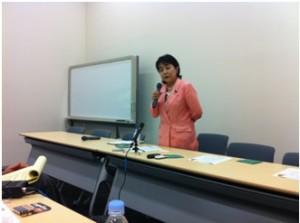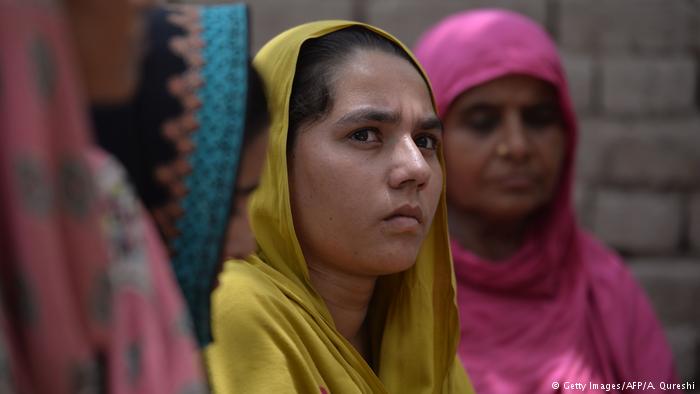Japanese women need to catch up
This is not a picture from a cookbook, but a picture of a lunch box made by a Japanese mother for her child. The cell phone traffic is maximum between 7 and 8 a.m. on a work week. It’s the time when most Japanese mothers share pictures of the lovely lunches they have made for their kids. Even in today’s modern era when most women are getting educated and becoming part of the work force in many Asian countries, Japan is far behind.
I happened to travel to Japan on a journalist fellowship program this year. Being from Pakistan, I have grown up using Japanese products and traveling in Japanese cars. I had always assumed that since Japan has come up with the most innovative and successful products in the last 50 years, women must be an active part of its workforce. It was only after I was in Tokyo that I realised that as a woman, I am better off in Pakistan than in Japan. Unlike Pakistan, where women are getting enrolled in universities in large numbers and enjoying top positions in telecom, banking and other sectors, very few women in Japan enjoy leadership roles. During my stay in Japan, my interaction with various Japanese officials, politicians, journalists and civil society members showed me the conditions that women are forced to live in.
Kuniko Inoguch was a member of Japanese parliament in year 2005; she also served as the gender equity minister during the last government. When I asked her about the efforts being made to improve the status of women in Japan , she responded by saying that , “Mr. Abe, the Prime Minister of Japan, has taken some major initiatives to promote women in leadership positions. According to some surveys, companies who have women in high positions tend to do better.”
Japanese companies include Toshiba, Honda, Toyota, and Sony. These are brands that are famous world-wide. Today, the fact is that these companies face tough competition from companies in Germany, Korea, and even China. Many believe the reason is that competing companies are much more innovative. The fact that there are fewer women in the Japanese work force is making these companies less innovative and less creative. Prime Minister Shinzo Abe is pushing the corporate companies to hire more women. His target is to have women take 30 percent of leadership positions in the corporate sector by 2020.
One of the many reasons why women leave work is because there are very few day care centers for kids. Currently, in Japan a woman in entitled to take one year maternity leave with fifty percent salary. A discussion is going on to increase the maternity leave to 3 years to encourage more women to not leave their jobs because of the lack of day care facilities. However, some people are opposing this idea; they believe this would just make it more comfortable for women to stay at home.
Yoko Ishikura , Professor, at the Graduate School of Media Design Keio University , believes the stangnant economy of Japan can grow only if more women are brought into the mainstream. Japan ranks 101 from a total of 135 countries in gender disparity. According to her,” Culturally, women are expected to stay at home , but Japan is running out of working population. We should be able to have good family and work balance.”
A young Japanese girl that I met at a train station said, “I know I would only get job to sell insurance policies, I don’t think my boss would consider me valuable at office. If I were a 15-year-old girl in Japan, I would get out of the country, but I want to make sure that Japan is a country where these girls can come back and have promising careers,” said Yoko Ishikura.
Author: Beenish Javed
Editor: Manasi Gopalakrishnan
Beenish Javed is a reporter working for ARY News, Islamabad. She has been awarded a two-month long fellowship by the Friedrich Ebert foundation (FES) in Germany and is currently in DW, Bonn. You can follow Beenish on Twitter @Beenishjaved.










